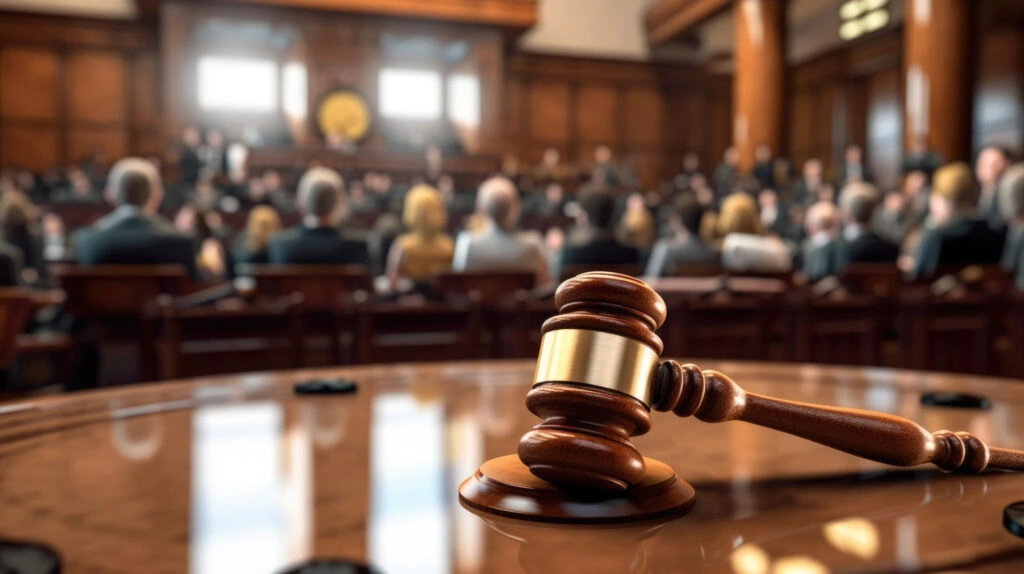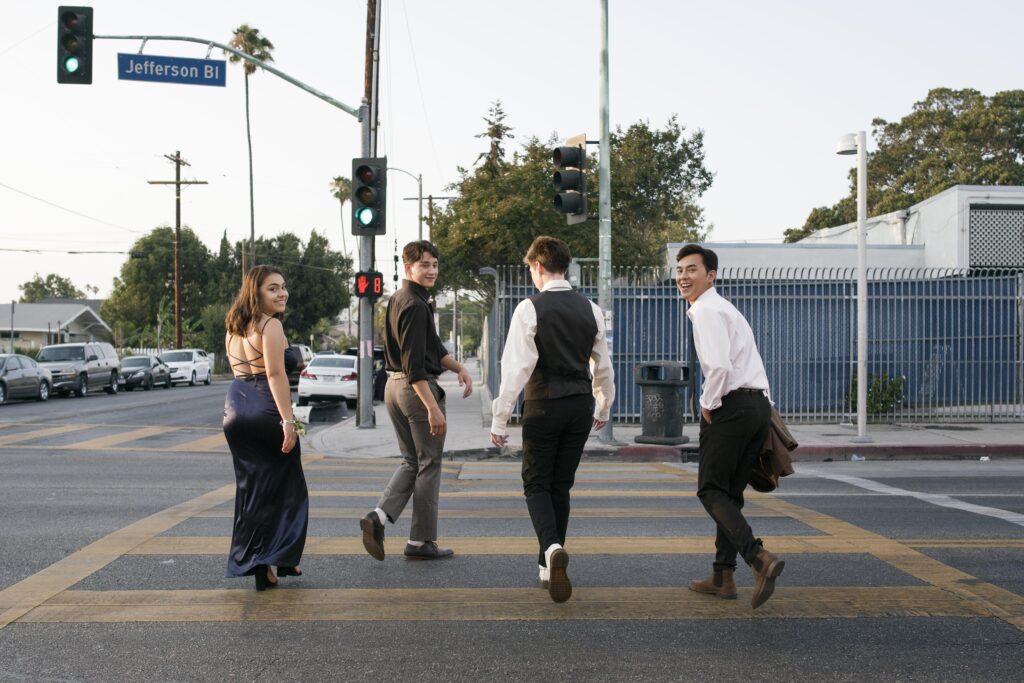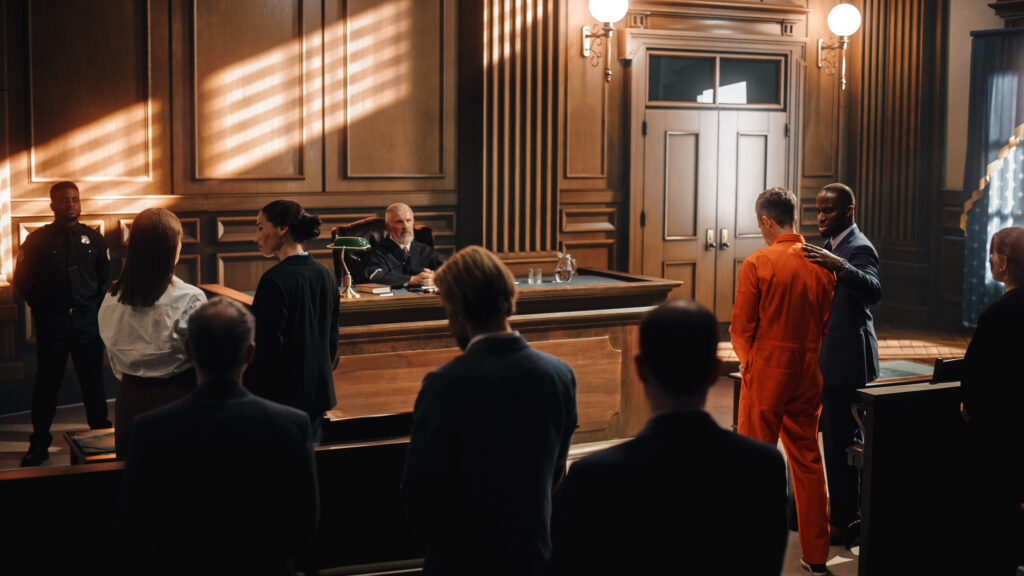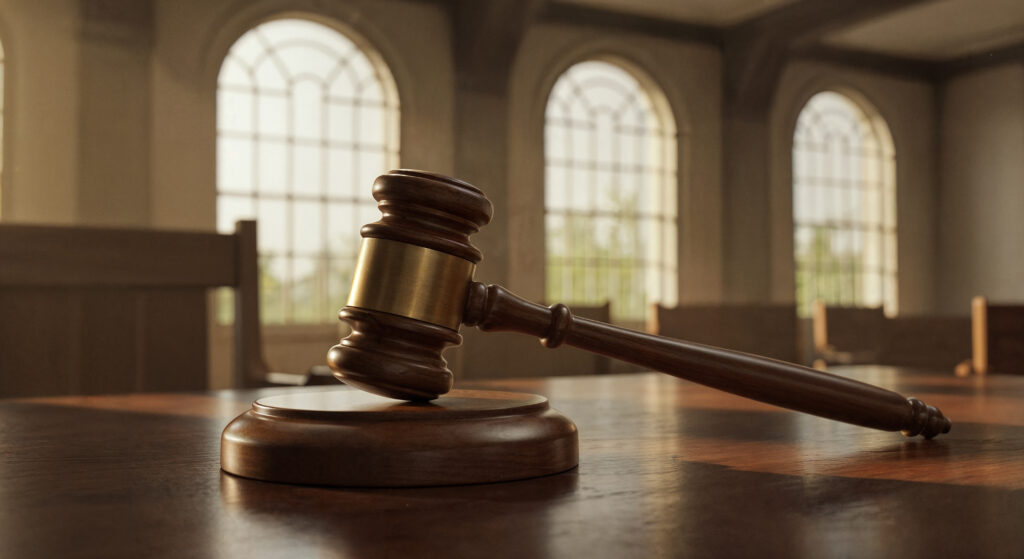Not all cases have their day in court. Depending on the circumstances surrounding the case, a judge can choose to dismiss rather than allow for the case to be heard.
It’s the job of the prosecuting attorney, not the defendant, to prove that the defendant committed the crime they are being charged with. The prosecution holds the burden of proof.
However, there are times when the prosecution will not be able to meet that burden before the trial begins. In that case, the judge may dismiss the case. The method in which to request the judge to dismiss the case is by filing a Motion to Dismiss during the pretrial hearing.
What is a motion to dismiss?
A motion to dismiss is a document filed by, or on behalf of, the defendant to request that the judge throw out the charges the prosecutor is bringing against the defendant. The motion will explain why the court should not hear the case.
The following are a few of the signs that a judge may dismiss a case based on evidentiary and legal factors.
Evidentiary Factors:
1. DNA Test Results
While the use of biological evidence, such as fingerprints, has been used to convict or exonerate defendants for decades, the technology behind configuring DNA evidence is a more recent invention.
Since its integration into the legal system, DNA evidence can be used to dismiss cases should the DNA evidence not match the DNA found at the scene of the crime. If the defendant can no longer be placed at the scene of the crime based on this piece of evidence, the judge may consider such evidence and will choose to dismiss the case.
2. Fruit of the Poisonous Tree
Even if the evidence provided is enough to convict the defendant, how the evidence was obtained matters.
Under the Fruit of the Poisonous Tree Doctrine, good evidence (the fruit) can become poisoned when illegally obtained, and therefore, cannot be submitted as evidence during a trial.
An example of poisonous fruit is if a police officer found evidence but did not receive a warrant to search the defendant’s residence to do so. In this case, the evidence could be considered inadmissible. If this were the only source of evidence that could prove the defendant’s guilt, the judge may rule that the case will be dismissed.
3. An Unwilling Witness
In many cases, the prosecution bases their case on the testimony of a witness. However, if the witness is not available to appear in court, the witness cannot testify before a jury. If the prosecution’s case hinges on the witness’ testimony, then the case may need to be dismissed because the prosecution may not be able to prove their case.
Legal Factors:
1. Double Jeopardy
Double Jeopardy, is more than a special question on a popular game show. It is a clause under the Fifth Amendment and codified in Penal Code 687 PC by California, that prevents a person from being prosecuted again for a public offense they have already been tried, convicted, or acquitted for.
However, if the charge is different, a new trial may be allowed, and the judge can dismiss the case if the prosecutor requests the same case to be heard again under the same charge.
2. The Statute of Limitations
Even legally, nothing is forever. For many crimes, there is a set time limit for how long the prosecutor has to file a claim before the judge will dismiss it. This is called the Statute of Limitations. Certain criminal offenses are exempt from the time limit because of the severity of the crime.
For example, in California, there is no Statute of Limitations for Murder or Embezzlement of Public Funds. However, for many crimes, there is a Statute of Limitations. If a prosecutor files a claim outside of the statute of limitations for that specific crime, the judge will dismiss the case.
3. Change of Venue
Some cases get brought to the public’s attention before it comes to court. During these instances, the local community may become biased against the defendant. This can become problematic when the prosecutor and defendant are choosing jurors from the jury pool. The jury is selected from eligible citizens from the county within the district. The jury can be biased against the defendant as they will not rule fairly.
A judge may dismiss a case to allow for the change of venue of the trial in order to move the trial to another court in a different jurisdiction. This way, there is a better chance of the jury pool not being biased against the defendant.
If a Case Gets Dismissed Can It Be Reopened?
It depends. In order for a case to be heard, the prosecution carries the burden of proof – they must provide sufficient evidence to warrant the trial. A case is dismissed when the judge determines that there is not enough evidence to proceed.
If the charges are dismissed, they are dismissed either “with prejudice or without prejudice.”
Prejudice refers to whether the prosecution can refile their claim with the court. If a case is dismissed with prejudice, the case cannot be reopened. The prosecution would have to bring up new charges in order to bring the individual to trial.
If the case is dismissed without prejudice, the prosecution can try to file the claim again so long as they are still within the statute of limitations.
For example, a case may be dismissed without prejudice because new evidence or facts have come to light. When there’s new evidence, both parties need to have an equal opportunity to review the evidence. To allow for such time, the case will be dismissed without prejudice so that the prosecution can bring charges against the defendant based on the new evidence.
When The Case Gets Dismissed, Will I Still Have It On My Record?
You may have heard of the term “expungement” with regard to a person’s records. Expungement means that the case has been erased from the court records.
However, California uses the word “dismissal” which means that the court records will reflect that the conviction was dismissed, but not the criminal offense. The charge can appear on your public record as well. (PC §§ 1203.4, 1203.4a, or 1203.41).
Does your case merit dismissal?
Speak with an attorney at the Law Office of David L. Faulkner to see if your case falls into either of these categories or any of the other reasons a judge may decide to dismiss a case. The attorneys at the Law Office of David L. Faulkner are here to help you navigate the legal process. Seek professional criminal defense attorney help- Contact David L. Faulkner today.










